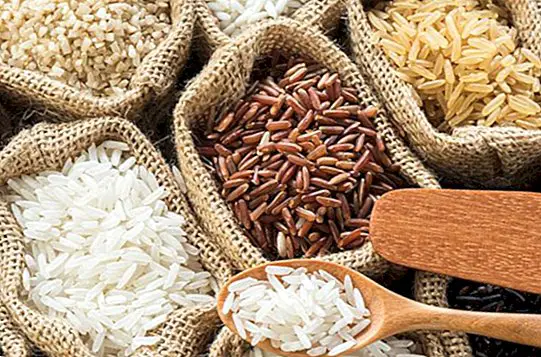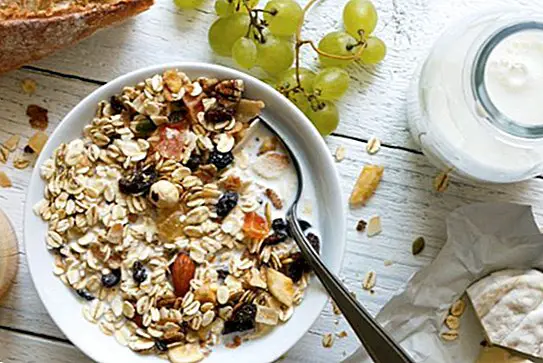Nutritional needs in pregnancy
Surely you have heard many times that "during pregnancy you should eat for two." This does not mean that you should eat twice as much, but that nutritional needs during pregnancy they are older

This is because, during this stage, the energy needs increase, which is why a slightly gradual increase is advised from the fourth month of pregnancy, which goes from about 340 kcal / day to reach 450 kcal / day at the end of the pregnancy. Of course, as long as the woman at the beginning of pregnancy has an adequate weight.
The nutritional needs they also result in increased consumption of some minerals (such as iron, iodine, calcium and phosphorus), proteins and folic acid.
How should diet be and what are the nutritional needs in pregnancy?
- Dairy products
They are an important source of high quality proteins, in addition to calcium and phosphorus, vitamin D, vitamin A and vitamin B2. Experts recommend taking between three quarts and a liter of milk a day, which come to be about three or four glasses.
Or, its equivalent in dairy products, but low in fat (curd, cheese, yogurt). - Fish, meat, eggs and derivatives
Like dairy products, they provide high quality proteins, as well as easily absorbed iron and vitamin B12, nutrients whose needs increase especially in the last months of pregnancy.
For example, fish (either white or blue) stands out at least four or five times a week; lean meats (such as chicken, veal or rabbit) three or four times a week; and between two and three eggs a week. - Vegetables
They are rich in vegetable proteins, fiber, vitamins, minerals and complex sugars.
Nutritionists recommend taking them about twice a week. - Fruits
Like legumes, they provide vitamins, minerals, fiber and simple sugars. In addition, if they are consumed raw they provide an excellent amount of carotenes and vitamin C.
It is recommended to consume between three and four pieces of fruit a day. - Vegetables and greens
They usually give us mineral salts, vitamins and fiber, helping in the intestinal transit. To avoid toxins, those vegetables that are going to be consumed raw should be peeled, washed and disinfected. - Oils and fats
They generally provide essential fatty acids and fat-soluble vitamins. - Liquids
As we know, it is recommended to drink between six and eight glasses of water a day.
In Naturpeques | Essential foods during pregnancy This article is published for informational purposes only. You can not and should not replace the consultation with a Nutritionist. We advise you to consult your trusted Nutritionist.


